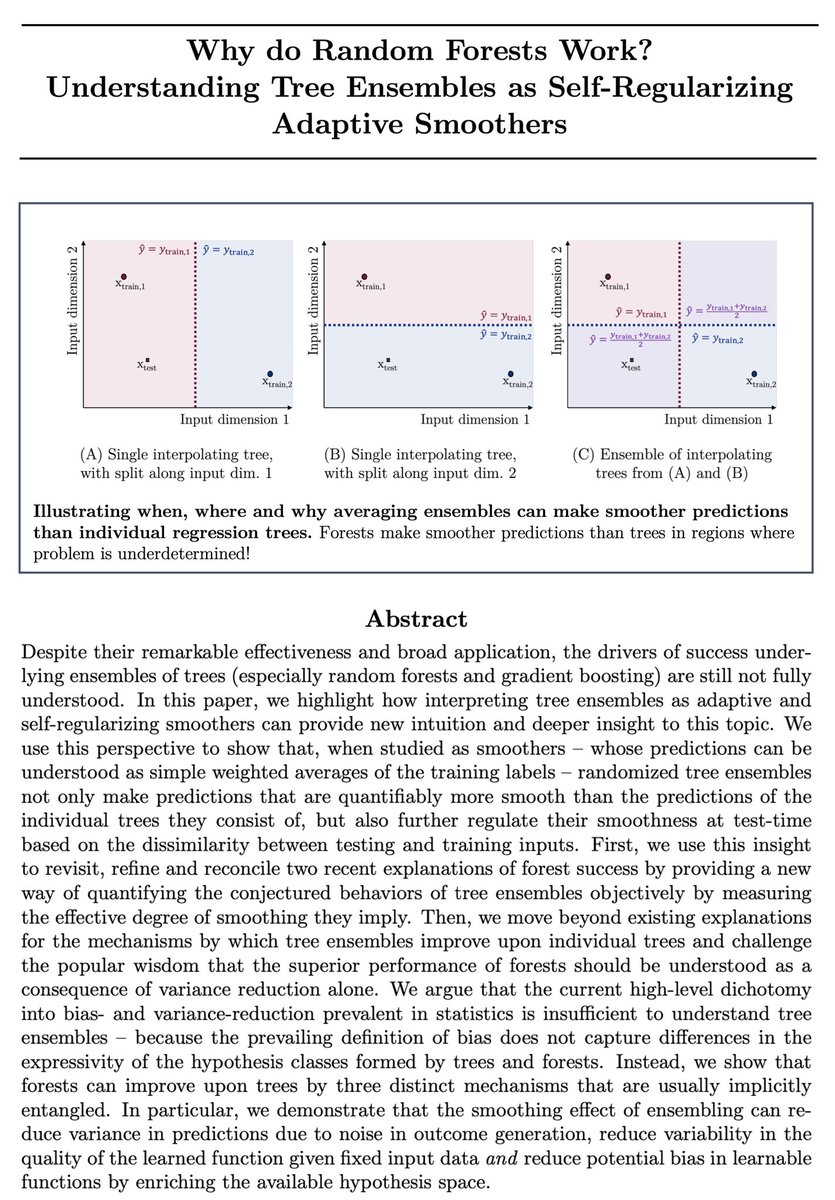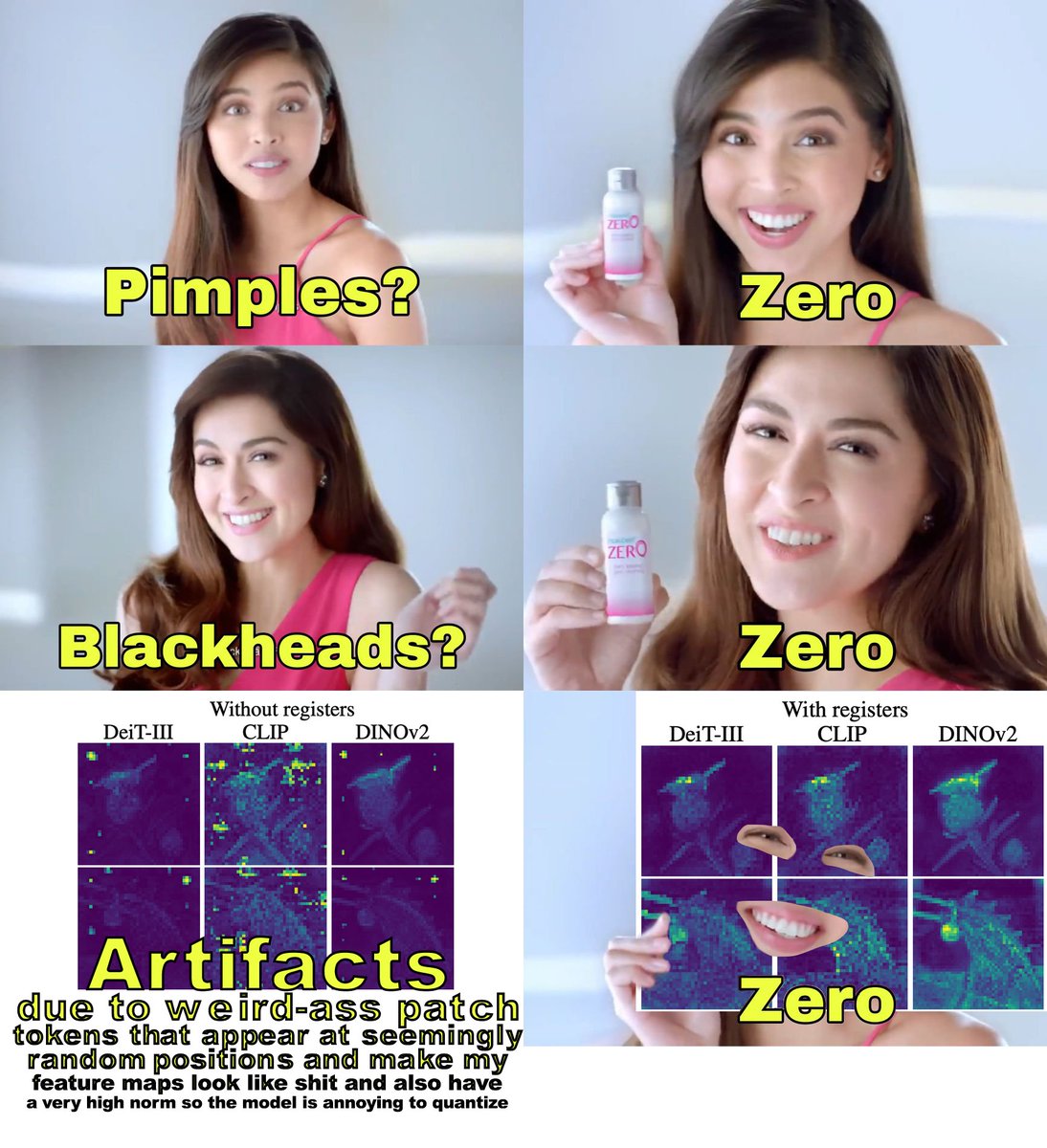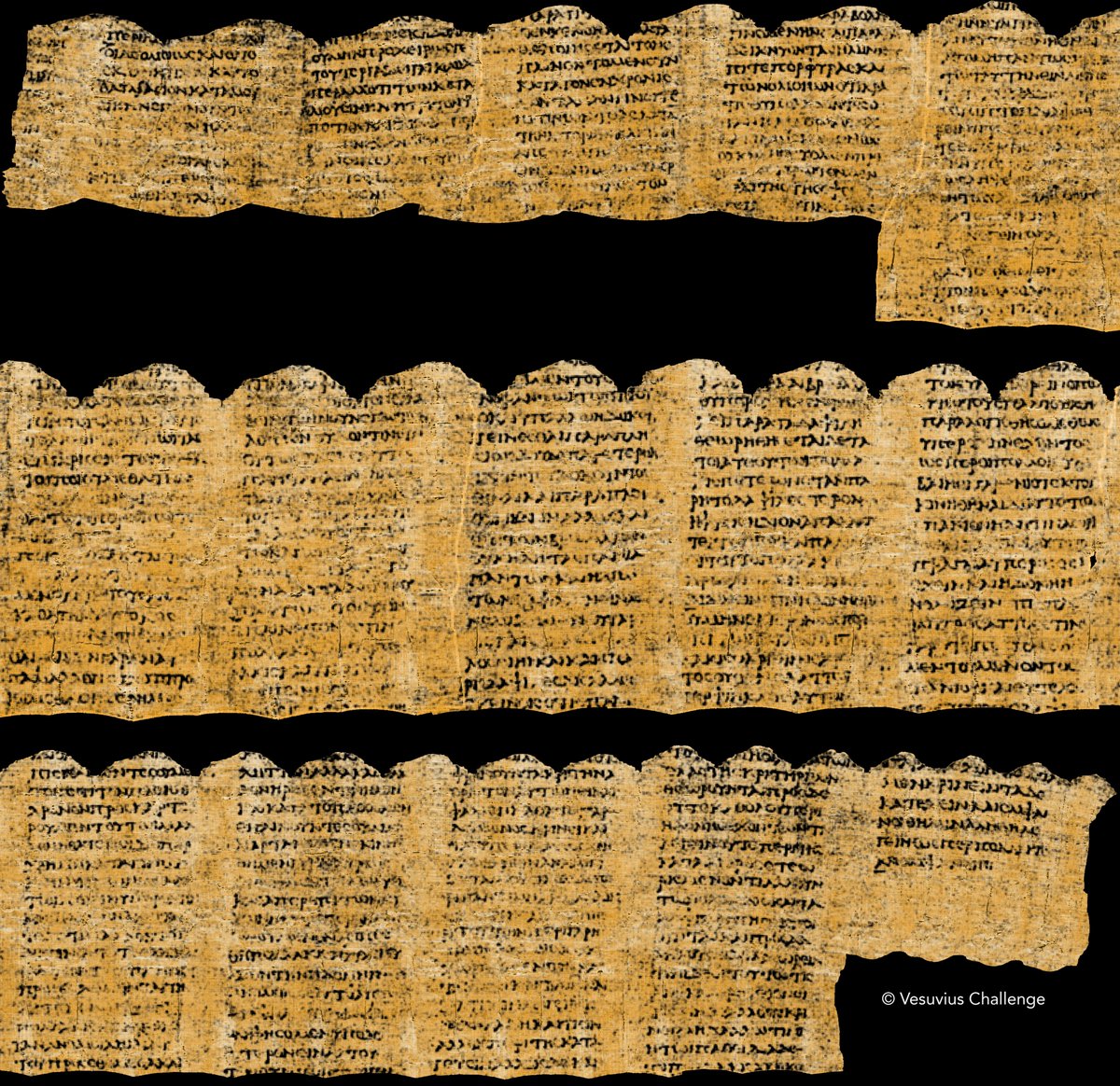
mehdi cherti
@mehdidc
PostDoc at Jülich Supercomputing Center (JSC), Germany / LAION.
ID: 101535747
https://mehdidc.github.io 03-01-2010 18:03:23
734 Tweet
391 Takipçi
771 Takip Edilen

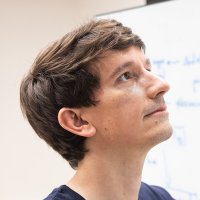

v2.23.0 of OpenCLIP was pushed out the door! Biggest update in a while, focused on supporting SigLIP and CLIPA-v2 models and weights. Thanks Gabriel Ilharco giovanni Romain Beaumont for help on the release, and Santiago Castro for catching issues. There's a leaderboard csv now!



Trying to get into the Hugging Face party.. but if you’re not a Llama you’re not gonna make it ☹️



Preprint "A call for embodied AI" with my coathors Giuseppe Paolo and Jonas Gonzales-Billandon. arxiv.org/abs/2402.03824
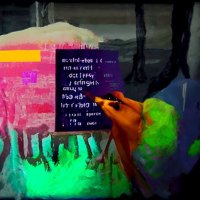


Why do Random Forests perform so well off-the-shelf & appear essentially immune to overfitting?!? I’ve found the text-book answer “it’s just variance reduction 🤷🏼♀️” to be a bit too unspecific, so in our new pre-print arxiv.org/abs/2402.01502, Alan Jeffares & I investigate..🕵🏼♀️ 1/n
